 On Fact and Fraud
On Fact and Fraud

On Fact and Fraud
Cautionary Tales
from the Front Lines
of Science
David Goodstein

Copyright 2010 by Princeton University Press
Published by Princeton University Press, 41 William Street,
Princeton, New Jersey 08540
In the United Kingdom: Princeton University Press, 6 oxford Street,
Woodstock, Oxfordshire OX20 1TW
All Rights Reserved
Library of Congress Cataloging-in-Publication Data
Goodstein, David L., 1939
On fact and fraud : cautionary tales from the front lines of science / David
Goodstein.
p. cm.
Includes bibliographical references and index.
ISBN 978-0-691-13966-1 [cloth : alk. Paper]
1. Fraud in science. 2. ResearchMoral and ethical aspects. I. Title.
Q175.37.G66 2010
500dc22
2009039252
British Library Cataloging-in-Publication Data is available
This book has been composed in Arno Pro with DIN Pro display
Printed on acid-free paper.
press.princeton.edu
Printed in the United States of America
10 9 8 7 6 5 4 3 2 1
This book is dedicated
to my two wonderful children,
Marcia and Mark,
and to their spouses,
Bill and Brence.

Contents

Illustrations

Preface
This book is, in a sense, the culmination of a lifetime spent in science and in science administration at the California Institute of Technology, where Ive been a professor of physics and applied physics for more than forty years. In 1988, I became Caltechs vice provost, and soon after I settled into my new office I found myself in charge of all cases of scientific misconduct, real or imagined, that arose at the institute. After a number of years in this arcane field, I decided to avail myself of one the great privileges that comes with being a professorthe opportunity to share new knowledgeand I proposed, along with my colleague Jim Woodward, a professor of philosophy, to teach a course in scientific fraud. At least thats what we wanted to call it, but the institutes Faculty Board, in its wisdom, didnt want us teaching anything with that title to the students. So we wound up calling our new course Scientific Ethics and taught it annually for the next ten years.
When I stepped down from the vice provosts position in 2007, I realized that I now had the time to acquaint a much larger audience with these issues, by writing a book. Regardless of whether we call our subject fraud or ethics, this book will be a series of personal reflections on the topic, focusing on cases in which I have been involved during my career. Some of these are likely to be new to readers, while others will be familiar but enlivened, I hope, by the introduction of new material. Similarly, I will have relatively little to say about some famous instances of alleged scientific misconduct, although two of the best knownthe Baltimore and Gallo cases (which have been extensively documented and described by other authors)are mentioned when I talk about federal efforts to get a handle on the whole science fraud issue in the 1990s.
During the years that Jim and I taught our science ethics course, we often found ourselves lamenting the lack of a suitable textbook. In particular, we always felt that such a course must be based on real case histories, not made-up ones. Finding such material in those instances where the accused have been publicly exonerated has not been difficult, but it has been a different story where fraud has actually been committed, because for some reason people in this field have often found it necessary to impose confidentiality to protect the guilty. Thus a lively cottage industry has grown up around presenting fabricated case histories that showcase various ethical dilemmas. However valuable and well intentioned such scenarios are, they cannot possess the immediacy of real cases, and so this book, which does present real cases, may yet serve as a textbook on the subject.
The book opens with a look at the subject of fraud in science within the larger context of how real scientists operate in the real world. In particular, I specify some fifteen seemingly plausible ethical principles for science and then proceed to demolish them one by one as realistic guides to sound scientific conduct. The chapter concludes with a kind of users manual on how to succeed in science without ever raising the specter of fraud.
The bulk of the book consists of the actual cases. First up is the matter of Nobel laureate Robert A. Millikan, who has been accused of misconduct in his determination of the charge on the electron. Its a topic that has generated lively debate and has more than a passing interest for me, given that Millikan was the founding president of the university where I have spent my entire professional life. Its a close call, but ultimately the verdict is not guilty. I then fast-forward to modern-day Caltech and examine two instances of misconduct that occurred in the lab of one of the institutes leading biologists in the 1990s. This was also the decade in which the United States government first ventured onto the treacherous terrain of regulating ethics in science, encountering the usual hazards one finds in such minefields, and I relate how both federal officials and my own institution, Caltech, developed oversight protocols to deal with scientific fraud (Caltechs Policy on Research Misconduct, which I drew up in my capacity as vice provost, is included as an appendix to this volume). Next up is the case of cold fusion, where we find confusion and controversy of the most fascinating kind, but no clear evidence of fraud. Finally, I look at two instances of misconduct in physics and consider the discovery of high-temperature superconductivity, an illuminating and perhaps unique instance in which the impossible actually occurred in an utterly irreproachable manner.
The net result is something of a standoff: four cases of fraud, two cases where no fraud happened, and a case where no fraud occurred but a phenomenon that flew in the face of nearly everything we thought we knew did. Science is a wonderful enterprise. We are forever learning new things about the universe we inhabit. The great majority of scientists are honorable people who will fiercely protect the validity of the science they do. Nevertheless, every once in a while, along comes someone who would undermine the enterprise. We must be vigilant to find and expose such wrongdoers, careful at the same time not to spread the blame beyond where it belongs and unintentionally stifle the freedom to question and explore that has always characterized scientific progress. I hope the reader will take this book in that spirit.
 On Fact and Fraud
On Fact and Fraud

One
Setting the Stage
Fraud in science is, in essence, a violation of the scientific method. It is feared and denigrated by all scientists. Lets look at a few real cases that have come up in the past.
Next page
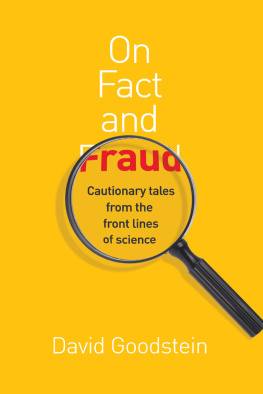
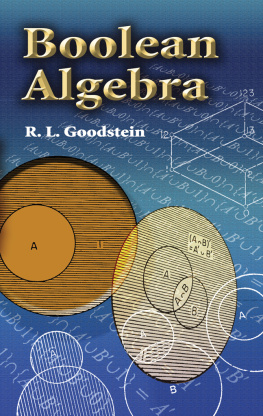


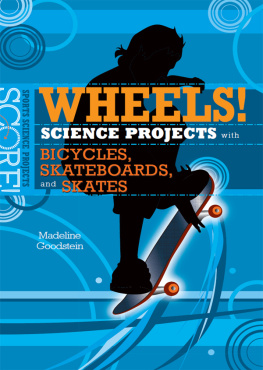
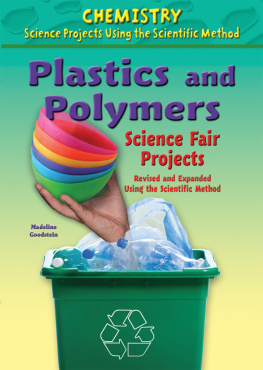
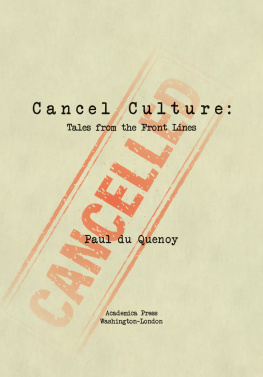
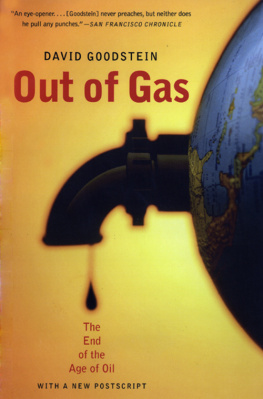
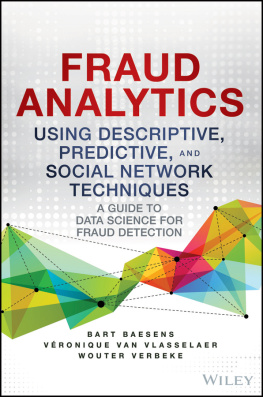

 On Fact and Fraud
On Fact and Fraud